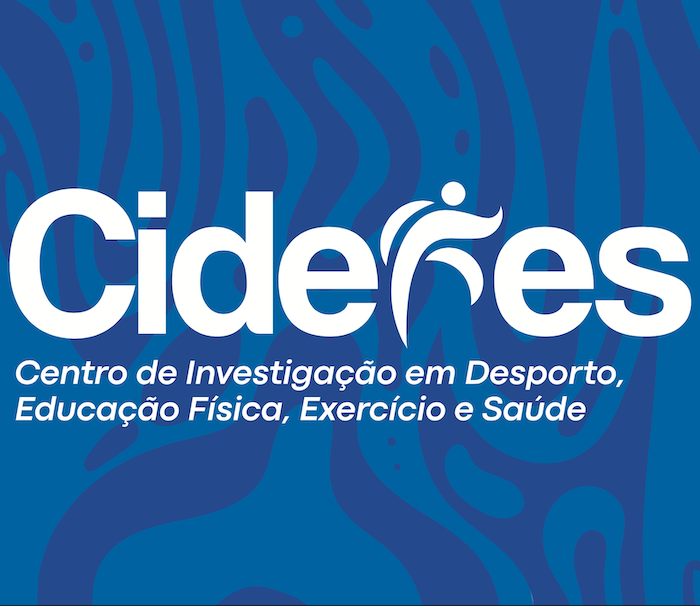Projects
HOME-COMBO: The impact of an online home-based combined exercise intervention for women with breast cancer undergoing neoadjuvant chemotherapy
Principal Investigators
Investigador(a) Responsável: Pedro B. Júdice (CIDEFES, CIFI2D)
Co-investigador(a) Responsável: Eliana V. Carraça (CIDEFES, CIFI2D)
Timeline
October 2024 until August 2026Other team research members
António L. Palmeira (CIDEFES, CIFI2D)
Marlene N. Silva (CIDEFES, CIFI2D)
Jorge G. Oliveira (HEI-Lab)
Patrícia C. Viegas (COW)
Rui M. Batalau (CIDEFES)
Sara S. Pereira (CIDEFES, CIFI2D)
António Videira-Silva (CIDEFES, CIFI2D)
Isabel F. Santos (HEI-Lab)
Pedro G.F. Ramos (CIDEFES)
Sofia Franco (CIDEFES)
Nuno Dias (CIDEFES)
Estudante de Licenciatura Design de Comunicação, Universidade Lusófona (Gisela Vicente)
Estudante de Licenciatura Ciências do Desporto (Diana Koshman, ISMAT)
Estudante de Licenciatura Ciências do Desporto (João Pais, ISMAT)
Dra. Gabriela Valadas, MD (ULS Algarve)Partners
Unidade Local de Saúde do Algarve, polos de Portimão e Faro
Grupo HPA Alvor e Faro
Associação Oncológica do Algarve
Liga Portuguesa Contra o Cancro
Câmara Municipal de Portimão
Abstract
Breast cancer (BC) is the most diagnosed cancer type in women worldwide. Chemotherapy is an anticancer therapy that delays cancer growth or eradicates the tumor and prevents cancer cell multiplication, invasion, and metastasizing. However, its adverse effects impact women’s functional performance. In addition, tumor cells might develop resistance against chemotherapy, leading to treatment failure.
Exercise is a safe and effective cancer co-therapy, improving patients’ functional performance and quality of life during treatments, possibly increasing treatment efficacy. Exercise may modulate treatment response and improve patients’ chemotherapy tolerance. However, it remains unknown whether exercise contributes to increased chemotherapy completion rates (i.e., degree of reception of the planned treatment doses). Moreover, despite exercise’s multiple benefits, cancer patients present low levels of adherence.
Exercise intensity self-selection has been proposed as a promising strategy, contributing to increased enjoyment and adherence to exercise practice and sustained lifestyle changes. Still, it has never been tested in this population.
Studies investigating the effects of exercise interventions on chemotherapy completion rates as a primary outcome are still scarce and, to our knowledge, no study has analyzed the effects of a structured, supervised, online home-based, self-selected intensity combined exercise program in women with BC. Therefore, this study will investigate the impact of such home-based exercise intervention on chemotherapy completion rates of women with BC. We also intend to analyze the effect of this intervention on functional performance, body composition, physical activity, and quality of life. A 3-month follow-up will be performed to investigate the short-term sustainability of active lifestyles post-intervention.
The Home-Combo will be implemented to support women with breast cancer undergoing neo-adjuvant or adjuvant chemotherapy through an online structured and supervised home-based exercise program. This project aims to investigate the effects of a combined exercise intervention on chemotherapy completion rates (primary outcome) and functional performance, body composition, physical activity (PA), and quality of life (secondary outcomes). Also, a 3-month follow-up will assess short-term adherence to active behaviors post-intervention.
